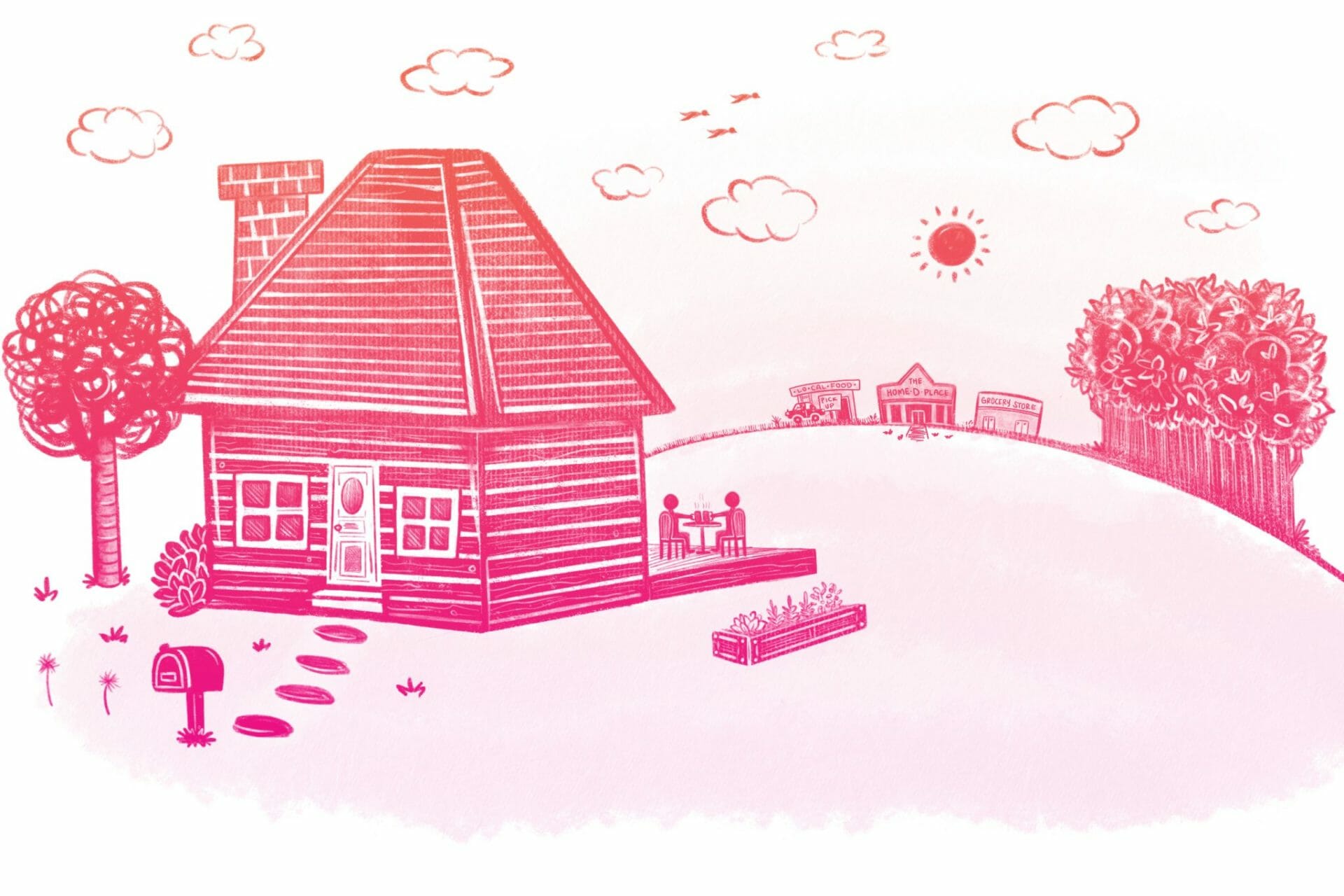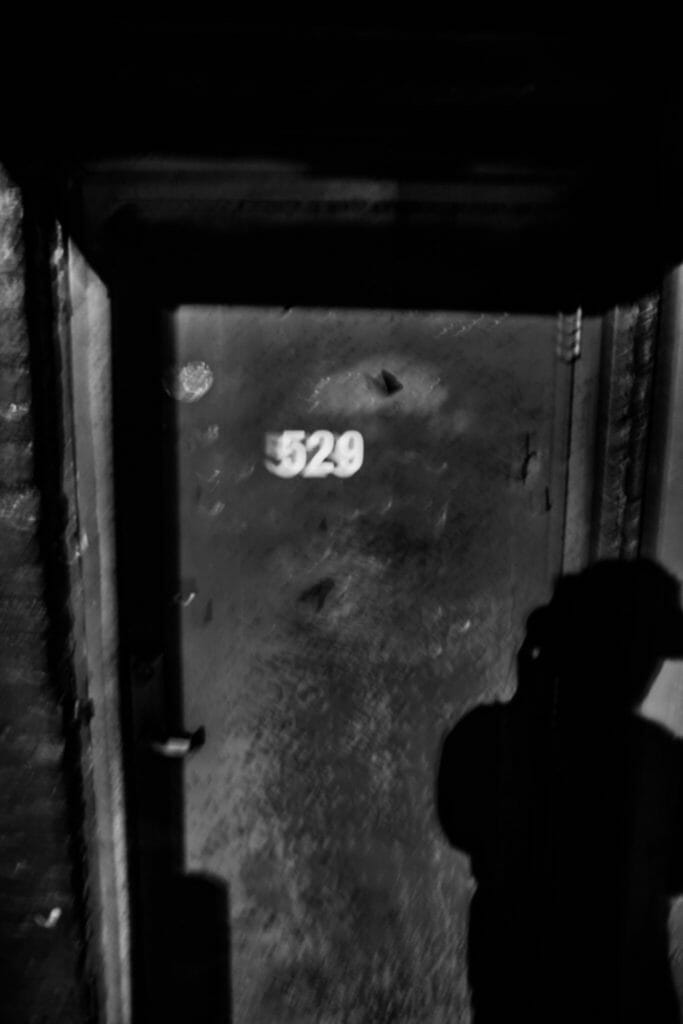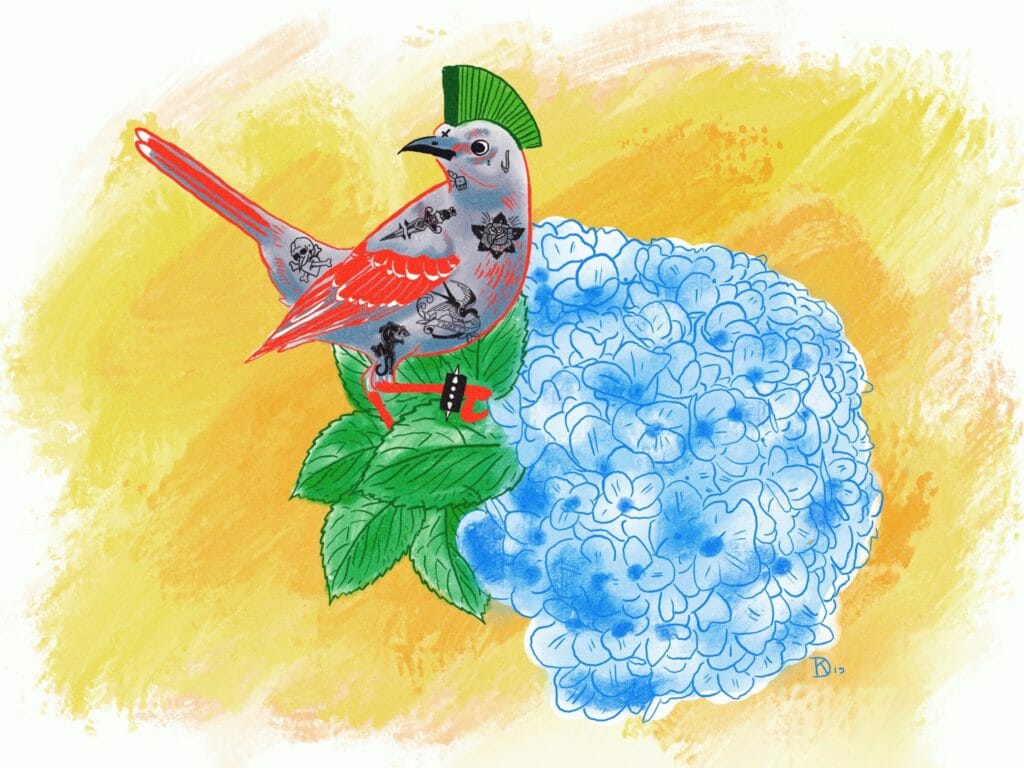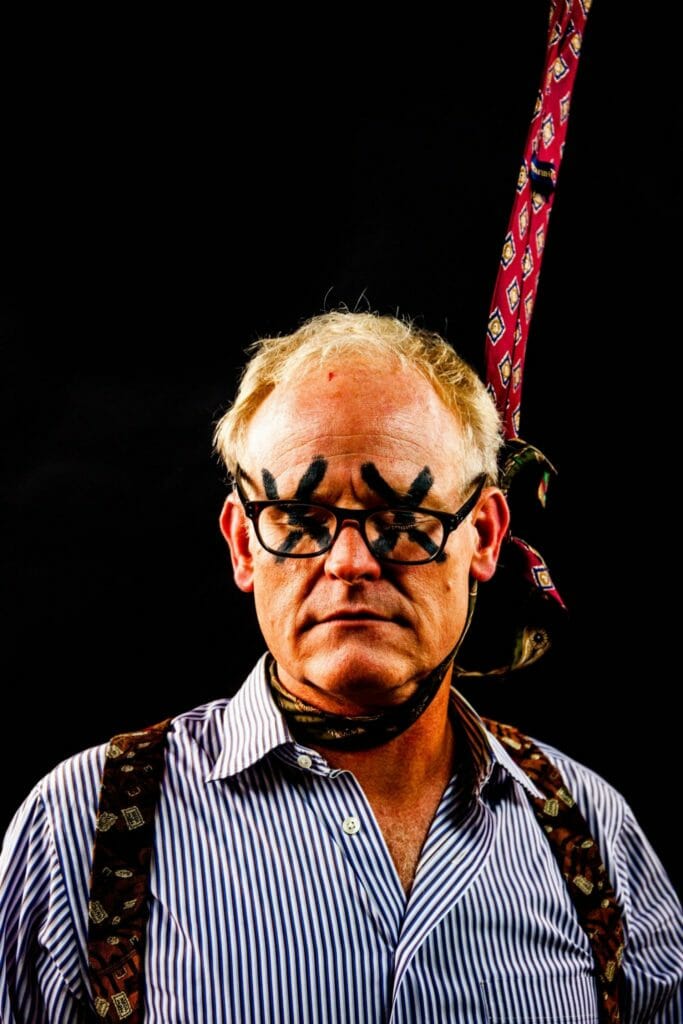Since the outbreak of the coronavirus pandemic, we’ve all become accustomed to the newfound level of uncertainty that characterizes our existence. To say that any of us have an inkling of what might be beyond the horizon of the present is a stretch at best. At worst, it borders on the special type of delusion that gives a false sense of security and conceals the darker days or brighter futures that might lie ahead.
This struggle to predict the future isn’t all bad. It’s what has allowed us to exist for thousands of years — making estimates and projections about food sources, potential mates, and the actions of other members of our species. There are some things about which we can be relatively certain: the rising and setting of the sun, the progression of annual seasons, and those meaningful relationships in our lives that have proven to be steadfast and reliable. Beyond a small menagerie of these elemental securities, we have very little way of predicting the unforeseen vicissitudes of life that will encroach upon the assumed and self-assured security of our existence.
The uncertainties of life shouldn’t come as a surprise, particularly to me. It was a collection of random events that landed me here in a three-bedroom home on the outskirts of Birmingham with a 30-year-old dental professional and her daughter. Laid off in December and with a lease that ran out at the end of January, I found myself with interviews halfway across the country for positions I was intrigued by but in which I had little sincere interest. Callie, a friend I’ve known for a few years and with whom I’ve traveled multiple times, offered her spare bedroom as a temporary safe house between jobs. I jumped at the opportunity, assuming that my stay in her townhouse would be only temporary before I landed my next gig.
I reveled in the fact that saving a bit of money on a lease would let me travel a bit, work on a few writing projects I’d put off, and allow me to really take my time searching for a position with any company that shared my vision and sense of values. Due to the overwhelming optimism often associated with minimal financial constraints, I scheduled a road trip with the editors of the Mainline and planned to attend SXSW in Austin, a city I called home for two years and which held a sizable piece of my segmented heart. That was before they canceled SX due to the virus, before travel restrictions were suggested, and before I considered the ethical implications that a speculative, cross-country trip would have if I were to infect someone else.
By mid-March, any plans I had for a Didion-inspired adventure or a new job in a now struggling industry were waylaid. By the end of March, most of the restaurants and businesses in Birmingham were shuttered or functioning in a bare-bones, just-get-by-if-you-can fashion. Meanwhile, I was quarantined with a friend who had agreed to give me shelter during a tumultuous time in my life. Neither of us had known that this virus-fueled storm would settle over our shared space and the lives of everyone we knew.
I’m introverted, but the self-isolating parts of my nature are generally punctuated with social outings multiple times throughout the week. Before March, I’d write most mornings and spend my nights in one small bar or another, connecting with the people I’ve grown to love in my community. Those nights out — either alone, with friends, or on a casual date — supplied the extra fuel for the furnace that powered my writing the next morning. Now, like most everyone else, my excursions are sparse and involve just as little human interaction as I can get away with. The stores of inspirational fuel I’ve hoarded over the past several months have significantly dwindled as I’ve watched the day-to-day nature of life become something domestically alien.
For three weeks, Callie, her daughter, and I have cohabited in a way that reminds me more of a frontier family than anything else. It’s like the storyline of a post-apocalyptic Western. An ousted drifter wanders onto a plot of land occupied only by a single mother and her young daughter. When a virus threatens the fabric of society and leads to a nationwide quarantine, the three are forced to make a new life for themselves — one that’s as novel and unfamiliar as the infection that’s spreading across the globe. Obviously, in this scenario, I’d play the part of the vagabond, a role that I’ve fallen into more than a few times in my life.
The initial days of isolation felt like an elongated weekend. We placed our grocery order together, watched movies, and shared meals. The feeling was normal, even if it was prolonged. By the time the first and second week passed, our lives had shifted and taken on a different rhythm. We started making plans to do things around the house. The belief that some sort of project would give us a sense of accomplishment and break the monotony of our seclusion was one that we cherished the way a shivering man nurtures the first embers of a flame.
The first project that made it on the list was a revamping of the small backyard behind Callie’s place. The pine bark mulch hadn’t been replaced in years and the frequent rains of spring washed sediment onto her patio. Her secluded yard was destined to be the perfect space for us to get out of the house while still abiding by the principles of social distancing (a concept whose abhorrence is only outdone by its necessity). One morning, we dressed in slightly improved quarantine garb and went to our local home improvement store to pick up supplies.
While shopping for the items on our list, I was hit with the sudden feeling of domesticity. We debated (read: argued) about how many bags of mulch to purchase and which color of river rock would look best in the setting. I held her purse while Callie chose perennials to populate the terra-cotta pots she picked out. These are skills I’ve acquired over the past decade or so of my life, thanks to a lengthy marriage that ended in divorce last year. After many seasons of shopping with a spouse, I’ve become accustomed to the particular type of verbal volley that’s required to go home with more or less what we need.
Then when we inevitably run short on mulch, I know to go back and get more. What is strange is that I’ve never experienced a situation like this with someone I’m not romantically involved with. This experience was familiar, but was transposed into a context that was unexpected. A month ago, Callie and I were friends that traveled together infrequently; now we were cohabiting, remodeling, and picking out furnishings like a couple who woke up and found themselves years deep in comfortable matrimony.
Two days later, Callie and I were talking over our morning coffee. Before the lockdown, she would drink her first cup on the way to work while I enjoyed mine during the slower parts of my morning before writing. Now we both find our way to the kitchen table where we enact a ritual that’s similar to sharing a coffee and conversation in a local coffee shop. It feels like a semi-sacred dose of normalcy that starts our day. One morning as we neared the end of our routine, we decided to cut the nails of both dogs since they haven’t been able to make it to the vet. Ernie — a small white dog who is completely blind and whose eyes bulge out to slightly different degrees — took the trim well. Mickey — a thick rescue with a penchant for melodramatic whimpering — made it through three-and-a-half paws before getting cut in the quick and retreating for the better part of the morning.
After the pedicure, it seemed natural for us to trim Ernie’s winter coat. His hair was thick and laid in locks on either side of his little body. Using my clippers, Callie and I knelt around the dog in the backyard (where the mulch looks fantastic, by the way). One of us used the barber’s tool while the other held the pup in place. We sat in a circle that wasn’t much larger than a large hula hoop and worked for the better part of an hour on Ernie’s coat. It was inevitable that my hands would run across the cool skin of hers, and more than once, I stared at Callie’s long, slender fingers, admiring the soft curve of her nail beds. She has beautiful fingers. Yes. I recognize that’s a strange thing to say about your roommate — but covered in clouds of dog hair and kneeling in the backyard we mulched together, I was overwhelmed by the sense of familiarity and amity that we’d fallen into.
This natural intimacy that we’ve come to occupy is in direct correlation to the vulnerability we’ve shared with one another. Any illusion of certainty has fallen away, and where once hung the veil on which we projected our plans, we now stand completely bare. This emotional nakedness — brought on by circumstances far from edenic — has created a space where we are more comfortable to share our turmoil and trauma with one another. Free from shame and the impulse to grasp for some diversion to hide our hurt, Callie and I have let honesty flourish.
More than a few times, we’ve sat in the backyard and talked over the light of the fire pit. We’ve mourned the innocence and portion of childhood that Callie’s daughter lost when her final year of elementary school came to an unexpected end. Normal conversations often meander until we find ourselves discussing the challenges and loneliness we feel due to isolation from people that we love. Both of us have wrestled with the fear of being around others and discussed the struggles that, I’m sure, everyone has become familiar with over the past month.
I’m fortunate that fate or chance or whatever God there is saw fit to quarantine me with Callie. Here, with her and the kid, I’ve been given the gift of a particular type of love and connection that would be nearly unachievable under any other circumstance. The power of presence and shared moments makes the dulling sameness of each day more rich. It is that quality of companionship — the joys of human touch, the warmth of a shared bout of laughter — that reminds me that life is not meant to be lived alone. The beautiful connection and sense of compassion that make this quarantine more than just a season of suffering are the same currents that have supplied the swell of personal emotional wealth I’ve enjoyed throughout my life. I’ve felt the pull of that undertow before, but never more clearly than these past few weeks.
We can all expect more uncertainty in the events still on the horizon. We don’t know how long social distancing will be necessary, how many more weeks many of us will be without a job, or what daily life will look like when it is all over. Slowly, we are all becoming more cognizant of this indeterminacy and beginning to accept a new rhythm of life in which we can’t take future plans for granted. Yet, there are a number of things that still abide with a high level of confidence; many of which the past month of life has brought into focus. Love and laughter will always lighten the difficulties of life. The vulnerability and intimacy that come through honest and persistent presence between two people forms the deepest, most meaningful relationships. Those of us who have been fortunate enough to learn these lessons during this period will come out of isolation forever changed.
We are an independent, largely volunteer-based, women-led publication that provides free coverage to our readers. If you enjoy our work and want to join our mission, donate to help us support the artists and writers who contribute to our platform.




